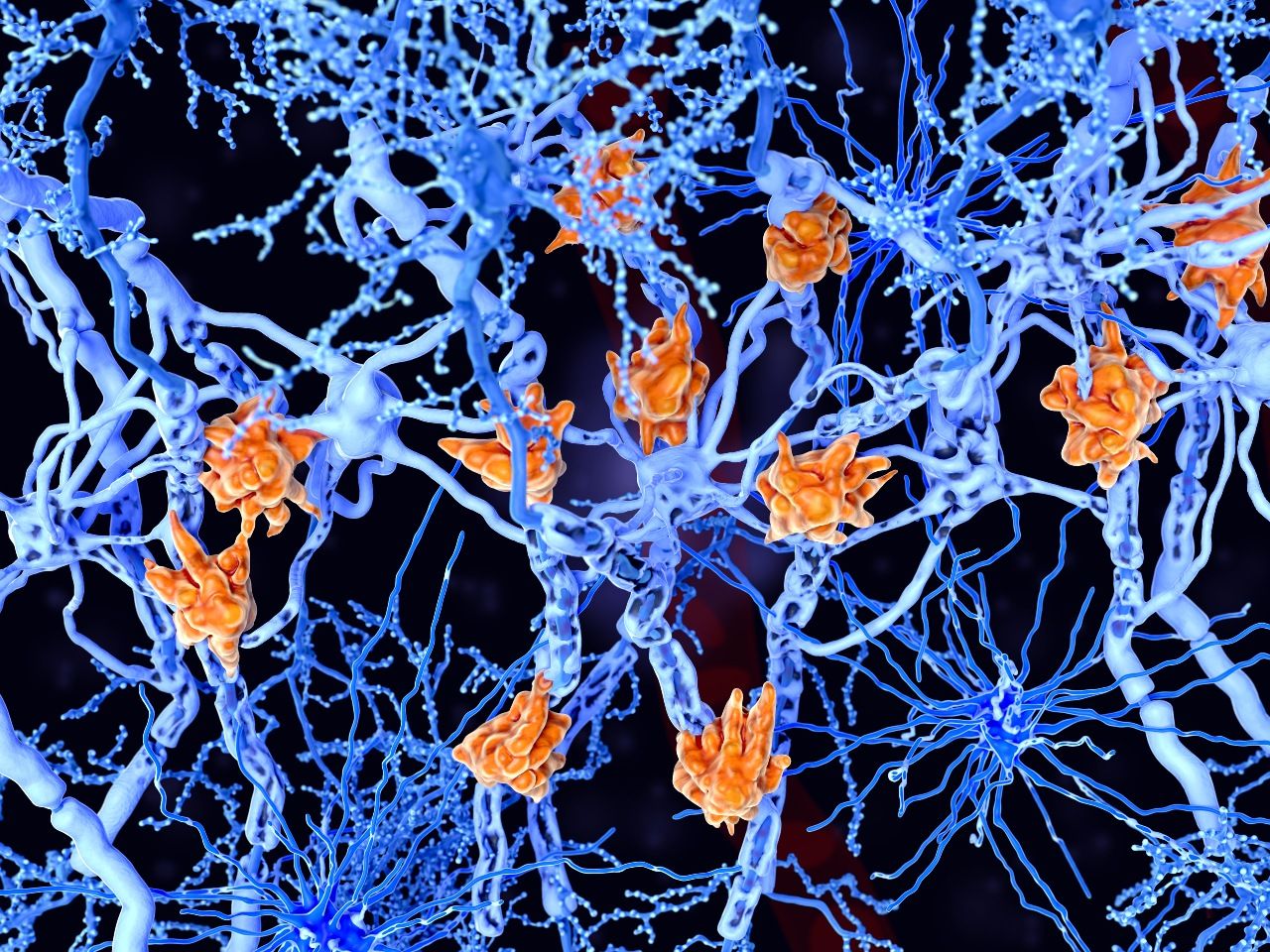- Center on Health Equity & Access
- Clinical
- Health Care Cost
- Health Care Delivery
- Insurance
- Policy
- Technology
- Value-Based Care
Tolebrutinib Delays Disability Progression in Nonrelapsing Secondary Progressive MS
The HERCULES study of tolebrutinib is the first and only to show reduced confirmed disability progression at 6 months in nonrelapsing secondary progressive multiple sclerosis (MS).
In the phase 3 HERCULES study (NCT04411641), tolebrutinib met its primary end point of delaying time to confirmed disability progression (CDP) in nonrelapsing secondary progressive multiple sclerosis (nrSPMS), according to a press release from Sanofi.1
The new results make HERCULES the first and only study to demonstrate reduced CDP in nrSPMS. | Image credit: Juan Gärtner - stock-adobe.com

The HERCULES findings will be presented at the European Committee for Treatment and Research in Multiple Sclerosis (ECTRIMS) meeting on September 20, 2024, and the results will be the basis of discussions with regulatory authorities going forward, according to the release. Tolebrutinib is an oral brain-penetrant Bruton tyrosine kinase inhibitor, and the new results make HERCULES the first and only study to demonstrate reduced CDP in nrSPMS. Tolebrutinib modulates B lymphocytes and activated microglia in the central nervous system, which may address the mechanisms of disability accumulation in MS.
“Tolebrutinib represents an unprecedented breakthrough as a potential first-in-disease treatment option with clinically meaningful benefit in disability accumulation,” Houman Ashrafian, MD, PhD, head of research and development at Sanofi, said in a statement. “Addressing disability accumulation, thought to be driven by smoldering neuroinflammation, remains the greatest unmet medical need in people with non-relapsing secondary progressive MS today.”
Tolebrutinib in non-relapsing secondary progressive multiple sclerosis
While relapsing MS (RMS) includes patients who experience new or worse symptoms followed by partial or complete recovery, patients with nrSPMS have stopped experiencing confirmed relapses but still experience accumulation of disability. This includes the presence of fatigue, cognition impairment, balance and gait impairment, loss of bowel and/or bladder function, sexual disfunction, and other symptoms.
In the HERCULES study, patients were randomized to receive either tolebrutinib or a placebo once daily.2 Inclusion criteria were confirmed nrSPMS, an Expanded Disability Status Scale (EDSS) score between 3.0 and 6.5, the absence of clinical relapses for the previous 24 months, and documented evidence of disability progression in the 12 months prior to the study.
Duration of treatment differed between patients as the trial was event driven, but duration was approximately 24 to 28 months. Those who completed treatment were offered the opportunity to participate in a long-term safety study.1 In a preliminary analysis of liver safety, the findings were consistent with previous studies of tolebrutinib.
Patients with MS face a significant unmet need in therapies to improve disability accumulation, and the main target of therapies so far as been peripheral B and T cells. Disability accumulation is thought to be driven by innate immunity, which current treatment options do not typically address.
Tolebrutinib in RMS
Topline results from the GEMINI 1 (NCT04410978) and GEMINI 2 (NCT04410991) studies of tolebrutinib in RMS did not demonstrate significant improvements in the main end point, which was a reduction of annualized relapse rate compared with teriflunomide (Aubagio). However, there was a notable difference in pooled 6-month confirmed disability worsening, a key secondary end point, with tolebrutinib delaying time to onset.
In the randomized, phase 3 GEMINI studies, investigators compared tolebrutinib with teriflunomide in patients with forms of RMS. In both trials, patients were randomized 1:1 to receive either tolebrutinib and a placebo or 14 mg teriflunomide and placebo daily. These results will also be presented at ECTRIMS.
An ongoing phase 3 study, PERSEUS (NCT04458051), is evaluating the time to CDP onset in primary progressive MS.
References
1. Tolebrutinib meets primary endpoint in HERCULES phase 3 study, the first and only to show reduction in disability accumulation in non-relapsing secondary progressive multiple sclerosis. News release. Sanofi. September 2, 2024. Accessed September 3, 2024. https://www.sanofi.com/en/media-room/press-releases/2024/2024-09-02-05-00-00-2938875
2. Nonrelapsing secondary progressive multiple sclerosis (nrSPMS) study of Bruton's tyrosine kinase (BTK) inhibitor tolebrutinib (SAR442168) (HERCULES). ClinicalTrials.gov. Updated February 10, 2023. Accessed September 3, 2024. https://clinicaltrials.gov/study/NCT04411641
